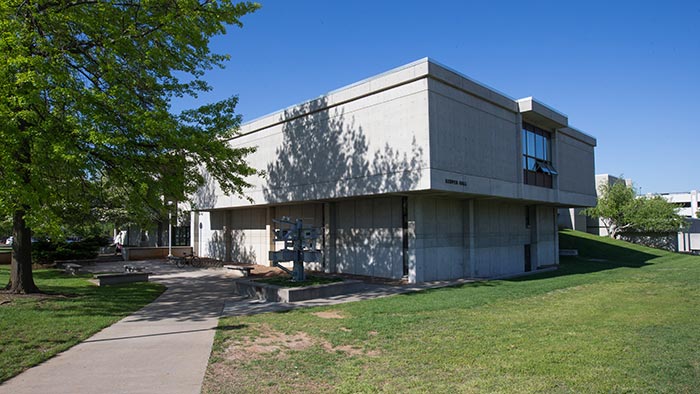
PAMS Seminar: "Reliability of Silicon Devices - Hot Electron Effects" by Dr. Mahmud Reaz (alum)

- Date and time
- 4:00 PM - 5:00 PM, March 03, 2022
- Description
Dr. Mahmud Reaz
Microchip Technology Inc.Dr. Reaz is an alum from PAMS where he obtained his MS in Materials Science.
Abstract:
The feature-size on the current state-of-the art silicon technology have become so small that electron transport and associated reliability can no longer be understood with traditional efforts such as drift-diffusion or hydrodynamic models. Simulation complexity (resource constraint) restraints one to dynamically account for electron-electron scattering, electron-phonon scattering, impurity scattering, impact ionization, etc., altogether using atomistic quantum simulation. In this talk -- the Monte Carlo technique will be discussed to self-consistently (semiclassically) solve the Boltzmann-Poisson transport equations with full electronic and phonon energy bands to simulate the non-equilibrium carrier transport in materials and devices. Simulations of hot-carrier energy loss to the lattice and cold carriers show that the impact ionization and phonon interactions at or below ~5 eV energy primarily contribute to the experimentally derived radiation-ionization energies (3.69 eV/electron-hole pair in Si and 2.62 eV/ehp in Ge) of the semiconducting materials. In addition to an energy loss equal to the band gap energy via impact ionization, acoustic-phonon emission, which has been omitted in prior work, contributes 30% of the remaining carrier-energy loss, while optical-phonon emission contributes the other 70%. Next, the energy distributions of electrons in gate-all-around (GAA) Si MOSFETs are analyzed, including additional considerations for elastic interactions, which become important at reduced dimensions and high-carrier densities. The simulated density and average energy of the hot electrons correlate well with experimentally observed device degradation. The results imply that the interaction of high-energy electrons with hydrogen-passivated phosphorus dopant complexes within the drain may provide an additional pathway for interface-trap formation in these devices. Simulated momentum transfer events in the Si NW MOSFETs channel show that the Coulomb processes (often ignored as a higher-order phenomenon) significantly reduce mobility at low-field conditions ? a phenomenon that already redefined Moore’s scaling law as we know it.- Event sponsor
- Physics, Astronomy and Materials Science
- Admission
Free
- Open to public, alumni, current students, faculty, future students, staff
- Location
Additional information
- Event contact
- Tiglet Besara
- Assistant Professor
- tigletbesara@missouristate.edu
- 417-836-6298
- Visit website
